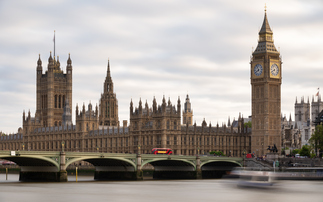Taxing surpluses was the measure introduced in the 1980s that most respondents wished had never happened.

More than a third of contributors singled this out as the piece of legislation they would undo, with many blaming it for some of the massive deficits reported today.
"A disincentive to build a surplus in good times as a buffer in hard times seems a little short-sighted," observed one correspondent.
Another added: "A large number of DB schemes currently in deficit would be in surplus now, but for this legislation, which led to contribution holidays and refunds to employers."
Although many labelled the taxation of surpluses as the beginning of the end for DB, more than a quarter of respondents thought banning employers from forcing members to join schemes was a more serious mis-step.
"Everyone should be compelled to contribute, otherwise there will always be people who can't and won't provide for themselves," said one contributor.
Another respondent said: "We now have a ticking time bomb because of this. As time goes by fewer and fewer people will have a private pension and will be relying on the state for their retirement income."
The third most commonly nominated change was the move to break the link between earnings and the state pension, followed by compulsory revaluation. Many respondents blamed the latter for killing off DB provision.
"Revaluation should never have been mandatory when it pushes a scheme into deficit," said one contributor. "It made DB unaffordable for most employers, and now most employees will get smaller pensions than under DB without the revaluation."
For respondents who chose a target that was not on the list, suggestions included anti-franking legislation and compulsory indexation of pensions in payment.
One commentator said: "It is very difficult to choose just one and in each case where I would undo it, I would not undo it completely, but change the way it was done. For example, personal pensions were not a bad thing for those whose employers did not provide an occupational pension scheme but the way people were encouraged to leave good final salary schemes was."







